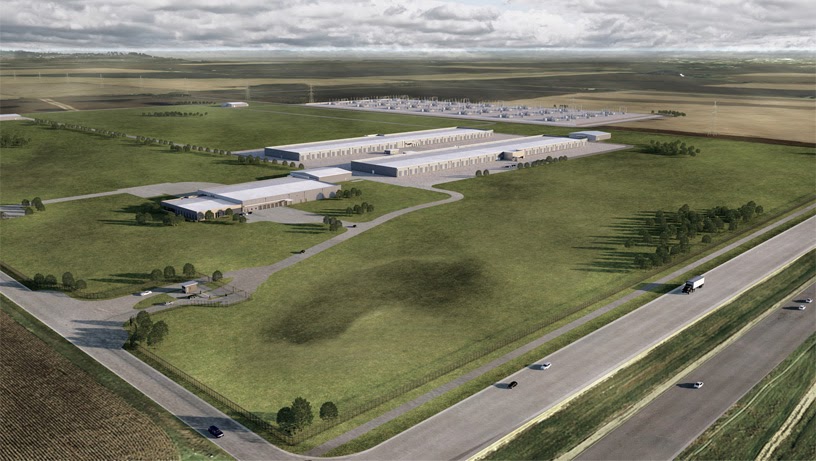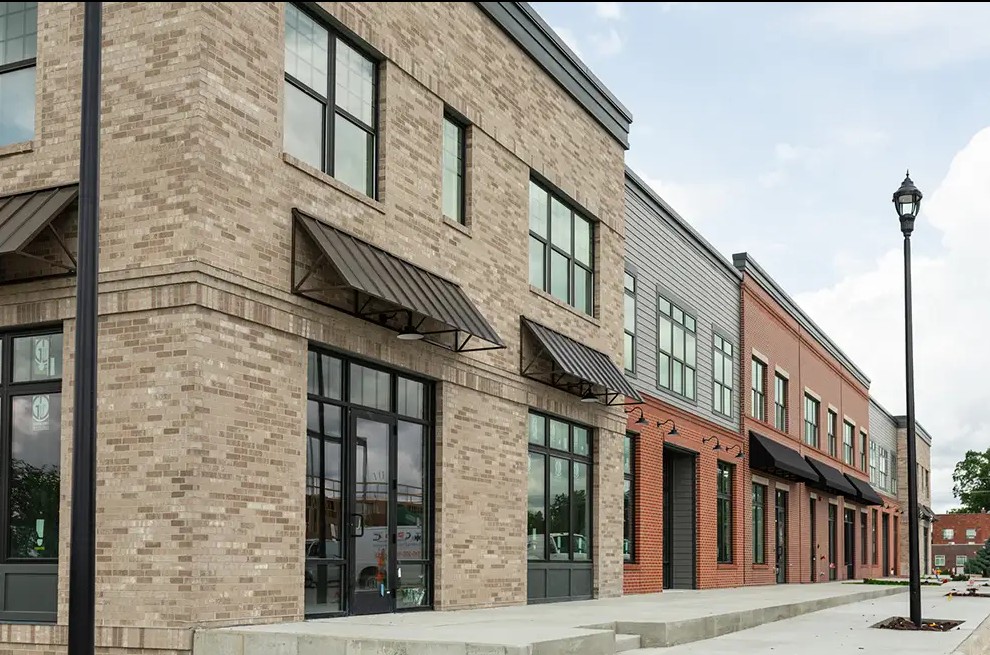Real or imagined, threat of high water thwarts Des Moines ag park development

KENT DARR Jul 16, 2015 | 11:38 am
2 min read time
584 wordsBusiness Record Insider, Real Estate and DevelopmentFear of flooding might be greater than the real threat of high water in the city of Des Moines’ Southeast Agrimergent Technology Park, but that hasn’t stopped businessman Britt Baker from exercising an abundance of caution in his proposal for a $36 million facility that would keep 300 jobs in the city.
“It’s a belt and suspenders kind of thing,” Des Moines Community Development Director Phil Delafield said.
In this case, the belt and suspenders consist of enough dirt to raise the height of 42 acres of development ground 6 feet, high enough to keep sensitive electrical transformers dry. It is in deference to that concern that the city will give away the 42 acres and some property tax revenue.
So far, the Des Moines City Council and the Urban Design Review Board have smiled on that plan, believing it is a worthwhile incentive for keeping 300 jobs in the city and triggering future development.
One rub in the plan is that in 2000, Des Moines Water Works helped the city buy about 236 acres along Vandalia Road from Archer Daniels Midland. Des Moines is the deed holder, but Des Moines Water Works supplied one-third the purchase price. Under a 28E agreement, the water authority is to receive one-third of the proceeds of the sale of that land.
The hope was that businesses with big water demands would stake a claim in the area. A water-guzzling ethanol plant that seemed a sure thing washed away with the financial crisis, a drop in ethanol prices and an increase in corn prices.
The 1,100-acre Agrimergent Technology Park was established in 2001, with the expectation that over 15 to 20 years it would generate 6,500 jobs and add $420 million to the city’s property tax base.
Those targets seem a far stretch. The proposal by Baker’s Electrical Power Products Inc. (EP2) to build in the area has pointed up a problem in the agreement with Des Moines Water Works.
There will be no proceeds from the land transaction with EP2, and there have been few projects to make the 28E agreement worthwhile for Des Moines Water Works.
Rita Conner, an economic development planner for the city, said staff-level discussions are underway to terminate the agreement.
It is anticipated that Des Moines Water Works would like the return of its $625,000, and the city can’t afford that kind of payoff at the moment, said City Manager Scott Sanders.
One proposal is that the city could use tax increment finance revenues to pay back the funds over time.
“As there are no identified city funds available to provide this repayment at present, it may need to be requested of (Des Moines Water Works) that the repayment occur over time from TIF funds generated by the land sale to EP2,” according to a staff report.
Over the past six years, several companies have considered projects in the Southeast Agrimergent Technology Park, but they have backed away because of concerns about drainage and the condition of the Des Moines River levee system in the area.
The city was granted $110 million in sales tax revenues for flood control by the Iowa General Assembly earlier this year, but those funds would address all of the city’s flood mitigation efforts. Some of those efforts have been completed, others will occur over the next decade.
Studies have indicated that risk of flooding in the area is slight.
On the other hand, “The levee is good until the first time it is overtopped,” Delafield said.









